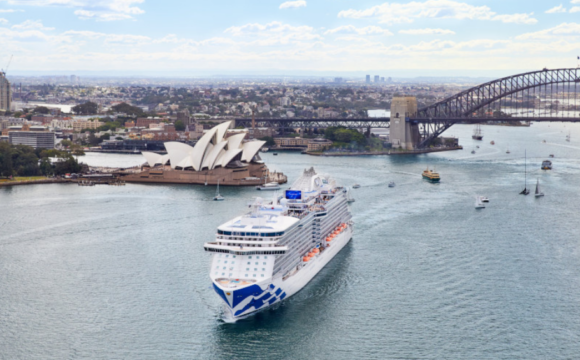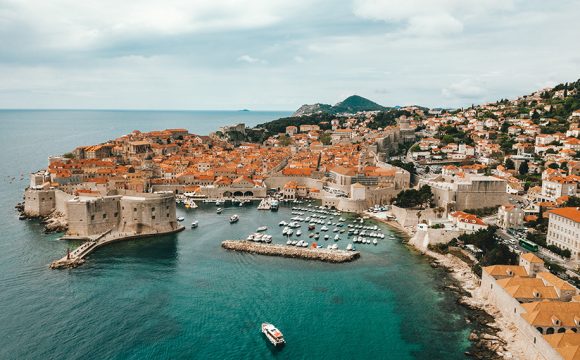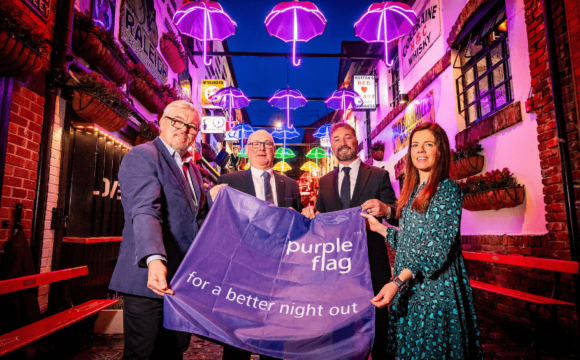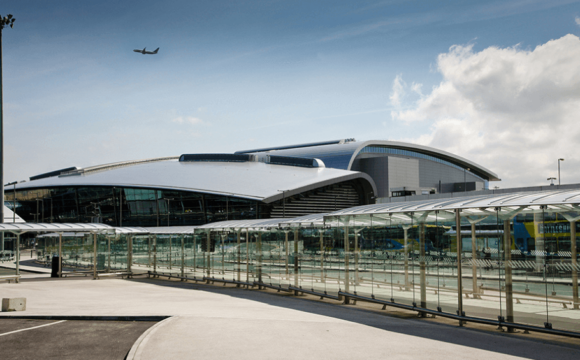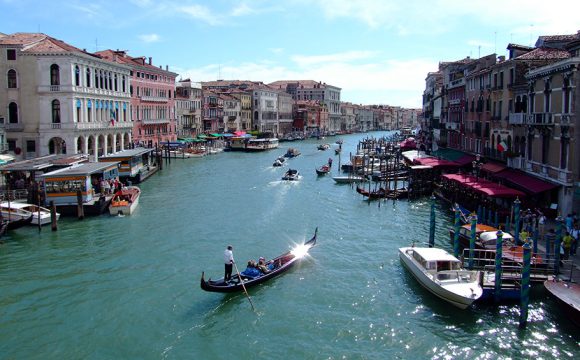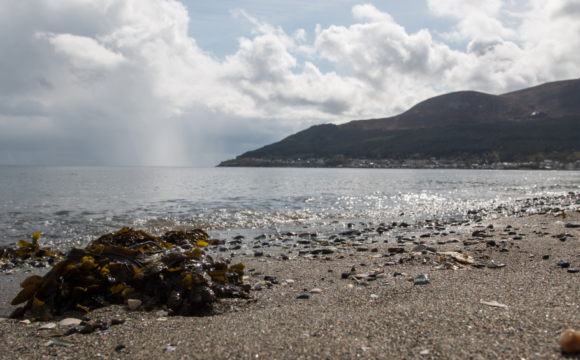With the latest figures from John Hopkins University suggesting that coronavirus has infected more than seven million people across the world, most countries shut their boarders to tourists. But now that the number of reported coronavirus cases is dropping worldwide, here’s the latest updates on some destinations around the world:
New Zealand
The South Pacific nation of about five million people is emerging from the pandemic and will lifting all lockdown measures except for border controls. The government will drop social distancing restrictions form midnight on Monday as it moves to a level 1 national alert from level 2.
Public and private events, the retail and hospitality industries and all public transport will resume without the social distancing restrictions that are still in place across much of the world.
There were no active cases for the first time since the virus arrived in New Zealand in late February.
Brazil
Brazil has become a global hot spot for the virus, as the number of deaths from the virus soars. The government faced increased criticism recently when it decided to limit the amount of data published about the pandemic. Brazil registered 37,312 total coronavirus deaths while overall cases in the country reached 685,427, according to data from the Health Ministry on Sunday. It now has the third highest number of deaths in the world after the US and UK.
UK
Travellers arriving in the UK are required to self-isolate for 14 days under new government measures to guard against a second wave of coronavirus. All passengers — bar a handful of exemptions — will have to fill out an online locator form giving their contact and travel details, as well as the address of where they will isolate. People who fail to comply could be fined £1,000 and police will be allowed to use “reasonable force” to make sure they follow the rules.
Travellers arriving from within the Common Travel Area (CTA) — which includes Ireland, the Isle of Man and the Channel Islands — will not need to self-isolate unless they have arrived in the CTA in the last 14 days.
USA
Exactly 100 days after the first coronavirus case was confirmed in New York City, some workers began returning to jobs on Monday at the start of reopening from a citywide shutdown.
Mayor Bill de Blasio said: “This is clearly the hardest place in America to get to this moment because we’re the epicentre.”
New York, by far the hardest-hit US city, however the rate of people testing positive for the coronavirus has now fallen to a new low of three per cent.
Greece
Bars, nightclubs and internet cafes have been allowed to reopen in Greece. Nearly all lockdown measures have now been lifted in a phased reopening, with regulations in place for businesses to maintain limits on the number of customers allowed and distances to be maintained.
Most bars, nightclubs and restaurants operate outdoors in Greece during the summer months, which has helped authorities in allowing them to reopen. However, government and health authorities warned that local lockdowns could be imposed if violations in social distancing regulations lead to outbreaks.
Italy
The Italian government have developed a new app to help health authorities trace contacts with people testing positive for the virus.
As Italy gradually emerges from lockdown, allowing travel to resume throughout the country, the Health Minister and the scientific experts who advise him have urged citizens to use Immuni.
So far two million people in Italy have downloaded Immuni, the app that uses Bluetooth technology to signal when someone comes in close contact with an infected person, however that number is “still too low”.
Experts have advised that at least 60 per cent of Italy’s 60 million people would have to use the app for contact tracing to be effective.
Denmark
Denmark plans to lift the limit on public gatherings from 50 to 100 people in July and to 200 in August as it eases measures to curb the spread of coronavirus.
The government has already raised the limit on public gatherings from 10 to 50 and allowed fitness centres and public swimming pools to reopen.
Denmark was one of the first countries in Europe to lock down in early March. The country had registered 593 coronavirus-related deaths on Monday, but the number of coronavirus-related deaths and hospital admissions has fallen since April.
In late May, Denmark and Norway said they would allow tourists to travel between the two countries from mid-June, but said border crossings with Sweden, where the number of Covid-19 infections is higher, would remain restricted.
India
India is reopening its restaurants, shopping centres and religious places in most states even as the number of coronavirus cases and deaths in the country grows.
New Delhi is also reopening its state borders, allowing the interstate movement of people and goods.
India has already partially restored train services and domestic flights and allowed shops and manufacturing to reopen. Schools remain closed. The number of new cases has soared since the government began relaxing restrictions.
Indonesia
Retail stores, restaurants and offices reopened in Indonesia’s capital after more than two-months as authorities eased social restriction rules to jump-start the economy.
The number of visitors to dine-in restaurants and retail stores is limited to 50 per cent of their capacities under a new health protocols.
Jakarta, the epicenter of the nation’s virus outbreak, switched to a month-long transition phase from a partial lockdown last week by allowing places of worship to reopen.


